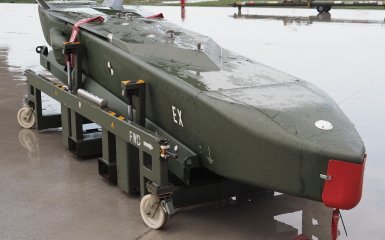The US's secret delivery of long-range ATACMS missiles to Ukraine has reignited the debate in Germany over the Taurus transfer, which Chancellor Olaf Scholz opposes.
The debate in Germany about the Taurus transmission
Olaf Scholz on April 24 at a press conference with the Prime Minister of Great Britain Rishi Sunak Scholz again stated that he opposes the provision of Taurus missiles.
"My decision will not change," Scholz said.
His statement came hours before the US disclosed that it had secretly supplied ATACMS to Ukraine as part of an aid package in March.
An unnamed senior U.S. defense official told reporters on Thursday, April 25, that the supply of the Taurus depends on Germany, but given the U.S. decision to supply the ATACMS and similar decisions in London and Paris, "we certainly hope that could be a factor." , to persuade Germany to change its mind.
According to DW, Scholz's position drew sharp criticism from the conservative opposition CDU/CSU bloc.
Other members of his ruling coalition, namely the Greens and the Neoliberal Free Democratic Party (FDP), are also in favour of sending the weapons.
Taurus KEPD-350 is considered one of the Bundeswehr's most modern weapons systems. It is launched by fighter jets, travels at nearly the speed of sound, and can hit targets up to 500 kilometres away.
ATACMS for Ukraine
On April 24, the United States confirmed that it had already provided Ukraine with long-range ATACMS missiles.
Ukraine first used ATACMS on April 17 during a strike against a Russian airfield in occupied Crimea, approximately 65 kilometres from the Ukrainian front line.
Maryna Miron of the University of London's Department of Military Studies noted in a DW commentary that these missiles may make some Russian positions more vulnerable. Still, the overall strategic value is limited because Ukraine needs air defence systems to defend against Russian strikes on critical infrastructure.
In her opinion, ATACMS will not fundamentally change the dynamics of the battle.




